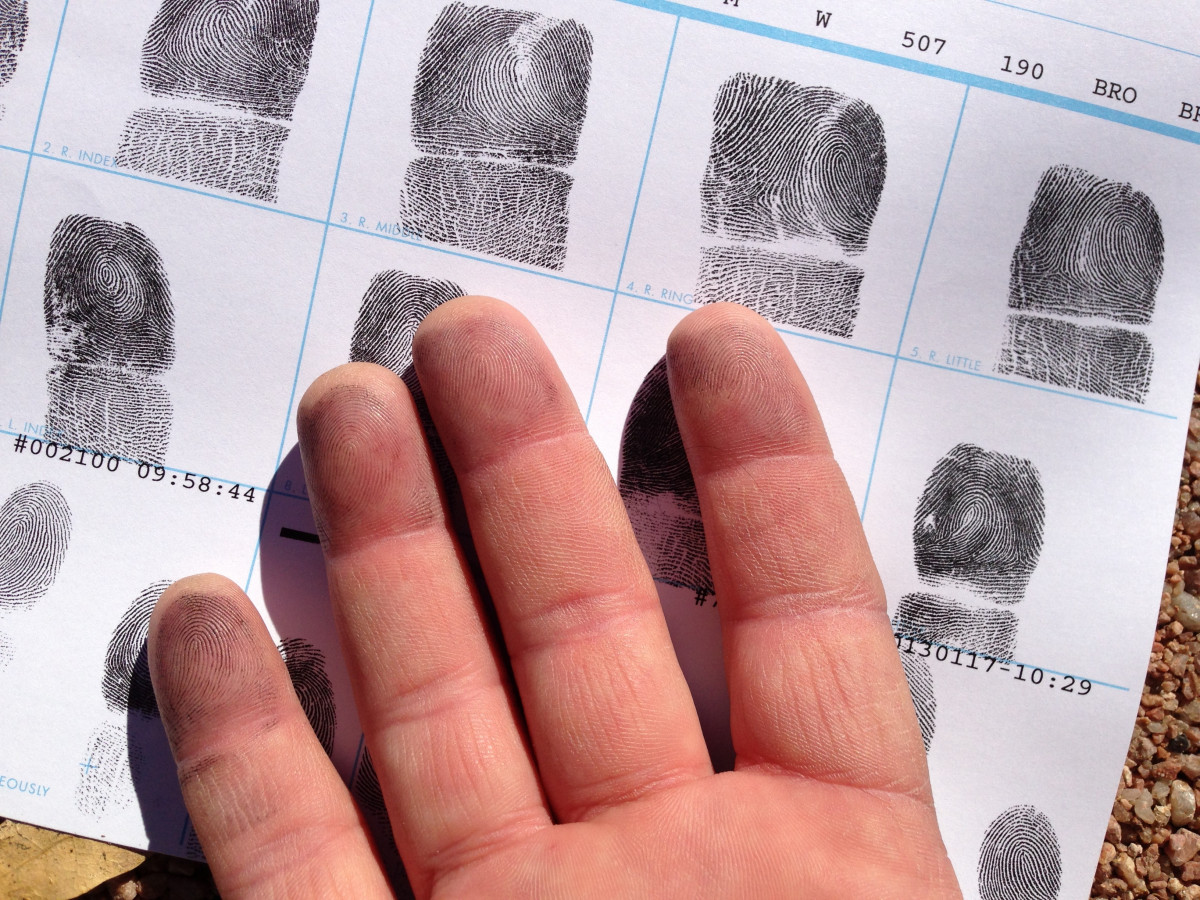Reaction: study claims it is possible to predict schizophrenia from fingerprints with 70 % reliability
Researchers from FIDMAG Hermanas Hospitalarias and CIBERSAM have announced the development of an algorithm that detects the risk of schizophrenia from fingerprints with a reliability of 70 %. It has been tested on 700 patients with schizophrenia and 850 people without schizophrenia; validation studies are pending.

José García-Valdecasas - esquizo huellas EN
José García-Valdecasas
Psychiatrist, Vice-Secretary of the Board of the Spanish Association of Neuropsychiatry
I think the study is of good quality and the journal is very prestigious. I understand that the parameters they calculate are well constructed. In terms of how it fits with the available evidence, the main limitation I see is the problem of that 70% detection or prediction. The prevalence of schizophrenia is very low, 1%, so the predictive value is not very good. The 70% accuracy is defined as the probability that an individual is classified in the correct class. That implies a 30 % failure rate when it comes to pointing out non-schizophrenics, so we are going to have a lot of false positives. So I see the practical application of the study as null and void and not very recommendable.
In addition, there is an issue that I think goes a bit further. Even if we had a perfect study with perfect precision and predictive value, even if we could predict from childhood, from the formation of fingerprints, which person is going to develop schizophrenia, in the current state of psychiatric practice it does not seem that this would be useful, in the sense that there is no preventive treatment that avoids the development of a schizophrenic process. What has been most studied about preventive factors is more about social issues such as avoiding child abuse, which correlate strongly with the development of psychotic disorders, although this is not known with certainty either. But there is no specific intervention or treatment that, if we knew - and this study does not give us the basis for knowing - that a person was going to develop a schizophrenic disorder, we could apply. It would be knowing that something terrible is going to happen without being able to do anything to prevent it. Some say that in at-risk populations it may be useful to use antipsychotic medication prior to debut, but this, as far as I know, is far from proven, the studies are contradictory and it is not at all clear. Moreover, there is a clear risk of side effects.
Considering the figures in the study, with that value, I see it as a very risky practical application. With that number of false positives, many people will be diagnosed as being at risk for psychosis, although they would never develop it. And knowing the tendency of a large part of psychiatry, very much guided by the pharmaceutical industry, this would probably lead to treatments prior to the onset of psychosis with medications that are not risk-free, especially in the long term, in people who would never develop psychosis.
As a scientific study outside the clinic I find it curious and probably well constructed. I don't see any real practical application and there are dangers in trying to extrapolate it to practical management.
Raymond Salvador et al.
- Research article
- Peer reviewed
- Observational study



